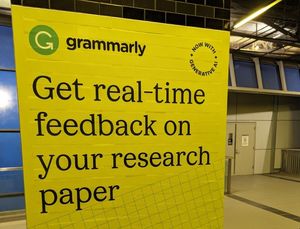Two websites I regularly look at are the The Guardian and Times Higher Education. In my lazy way I will often just pop the names into Google when looking for them. I have been interested in how they are characterised in Google results, based on what they put in the Meta description tags.
Before saying something about these, here is a note from Google:
While accurate meta descriptions can improve clickthrough, they won’t impact your ranking within search results. We frequently prefer to display meta descriptions of pages (when available) because it gives users a clear idea of the URL’s content. This directs them to good results faster and reduces the click-and-backtrack behavior that frustrates visitors and inflates web traffic metrics. [Google webmaster central]
So, what does The Guardian want the world to see it as it comes up in Google results? What does it think will encourage people to clickthrough to its site?

This is quite interesting as it uses ‘liberal’ in an American sense. Is this a part of the Guardian’s positioning as a global website rather than just a UK newspaper?
Here is The Times Higher …

The reference to the World Rankings has been there for some time, before the recent publication of this year’s rankings. Again, global interest in the rankings transcends the UK focus of the publication. World rankings has been added to the title and to the description. Leading with ‘jobs’ in an interesting indicator of what it sees as important.
And speaking of rankings, here is the University of Michigan:

‘Diverse’ is also a word used by Ohio State:

University College Dublin doesn’t want anybody to be under any misapprehension about its position in the world, qualifying the title also …

The University of Warwick offers only its name, so Google steps in with its view about what might be important 😉

A very quick review of some public libraries suggested that the meta description tag is not widely used in this tactical way. Ditto for academic libraries. This is surprising given the potential influence on how people see a result. I would be interested to see some work on what influence such descriptions have on click-through rates, in particular in our domain, if it exists.
That said, here is Cleveland Public Library ..

… and Cambridge University Library …




